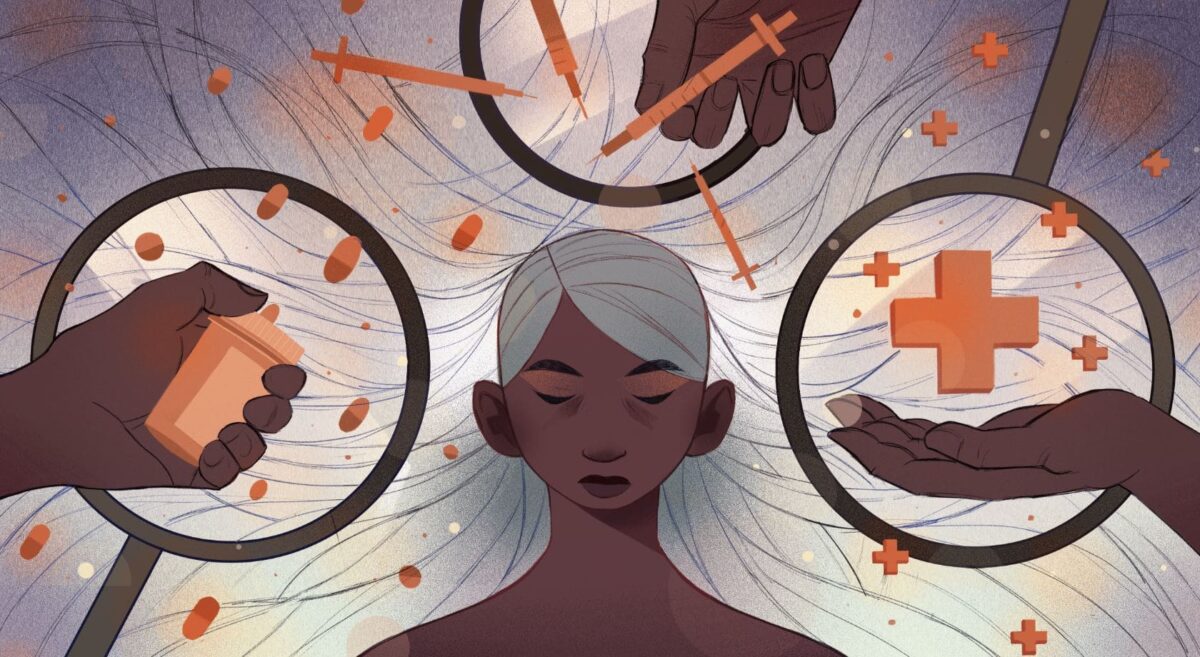Introduction
Failures are common in daily life, and the constructive consequences of setbacks can be maximized by making appropriate use of them. Learning from failures may not only improve problem-solving ability, creativity, and subsequent decision-making skills but also lower the possibility of making future mistakes. While in high school, I realized a consistent drop from my target grades three times and was puzzled about the trend. Although I met the minimum points, I saw a decline, and, after a profound insight, I apprehended that my failure resulted from the postponement, inadequate planning, and lack of acknowledgment, which, today, has made a difference in my university life.
Postponement
I did not complete my personal assignments on time and could rush them on the last day, missing deadlines and giving endless excuses. Having dropped my grade points three times, I became disturbed and stressed by the trend, but, when I analyzed my failure, I realized that I was suffering from a student syndrome. At that point, I decided to do things differently and procrastinate anything, being in school or daily routines, unless it was not impactful. Since making a decision is one thing and committing to it is another, it was a challenging life step, but, with persistence, it bore fruits that I celebrate and enjoy even today.

Inadequate Planning
After evaluating my failure, I learned that a significant contributing factor was a lack of a plan, which I needed to guide what to do and at what time of the day. I am erudite that life without a strategy is a failed goal. In this case, my first step toward changing my ever-challenging moments was to make a timetable for use in my own time. Since I was determined to rectify and achieve my education goal, I had no choice but to strictly set guiding principles and goals to remain consistent and focused on achievement. It was a life-lasting lesson that has made a worthwhile impact, and, to date, I could only execute tasks with a plan or schedule since I realized the significance of being organized and its correlation with performance.
Lack of Acknowledgement
I learned another valuable lesson from my failure, acknowledging that time and events are critical to overcoming challenges. From my experience while in high school, I apprehended that the first thing toward remedying faultiness is admitting and taking responsibility for one’s mistakes, which drives corrective measures and adherence to formulated rules, and not sitting back and self-blaming. Critical insights into one’s life and making appropriate conclusions provide a great difference by pointing out shortcomings and developing solid strategies to harmonize the situation without overwhelming oneself with unnecessary and ineffectual pressures. As a result, my approach to life changed, and I started doing things differently and intelligently, reaping from acknowledging mistakes and reorganizing my view of life from the lenses of self-criticisms.
Conclusion
In conclusion, I learned a good life lesson from my failures that impacted my day-to-day routine and how I execute various tasks. Since then, I noticed that success is directly linked to avoidance of postponing things, planning yourself, and acknowledging time, events, and mistakes that you come across to learn, change, and grow from past experiences. Therefore, learning from failure is an essential aspect of life that everyone should not understate since it makes an individual prepared for new challenges, avoiding similar future mistakes.


